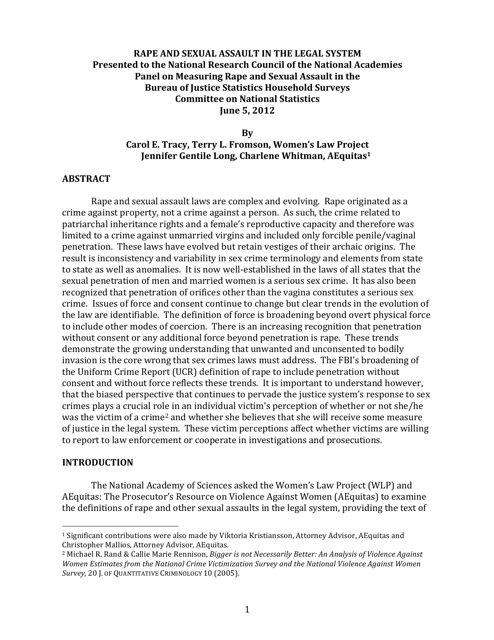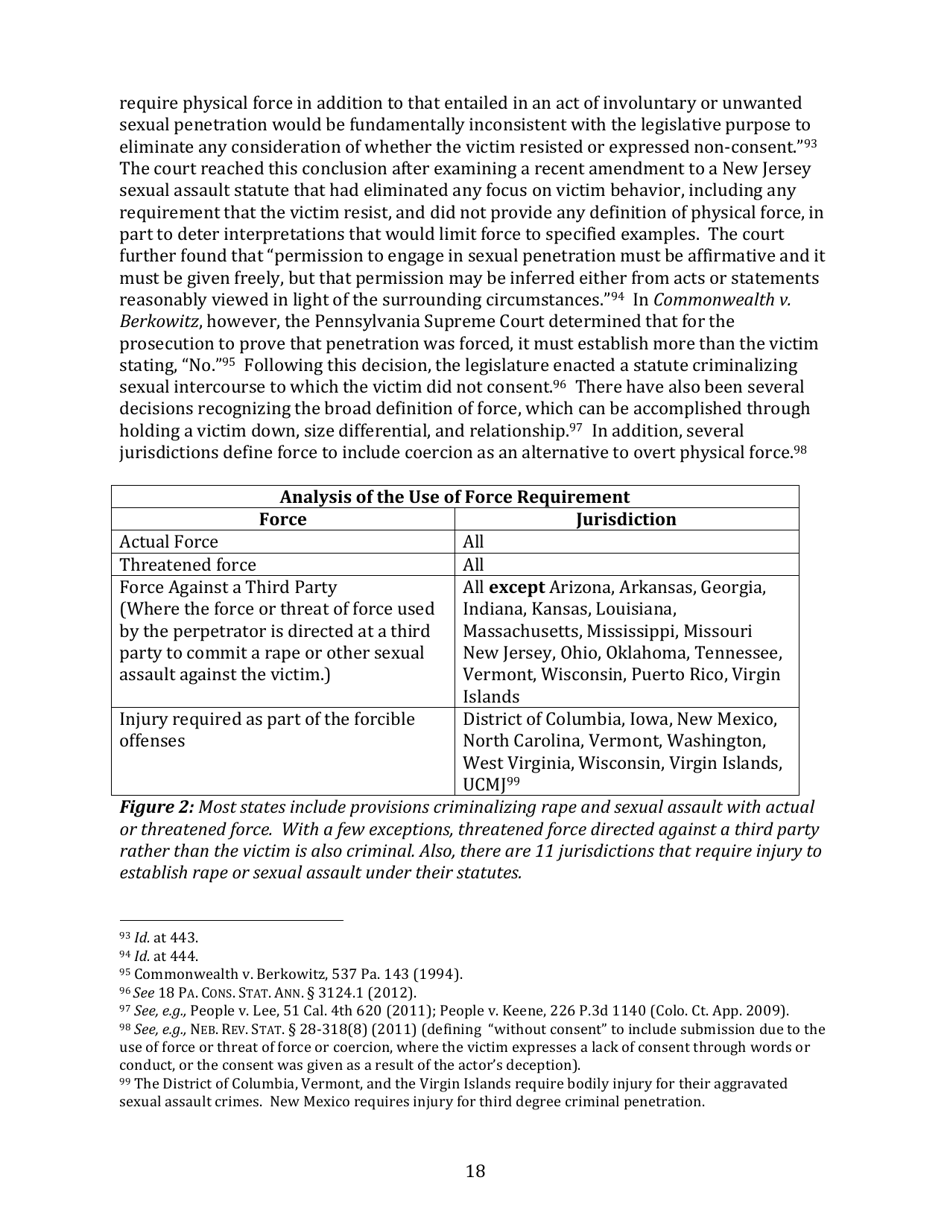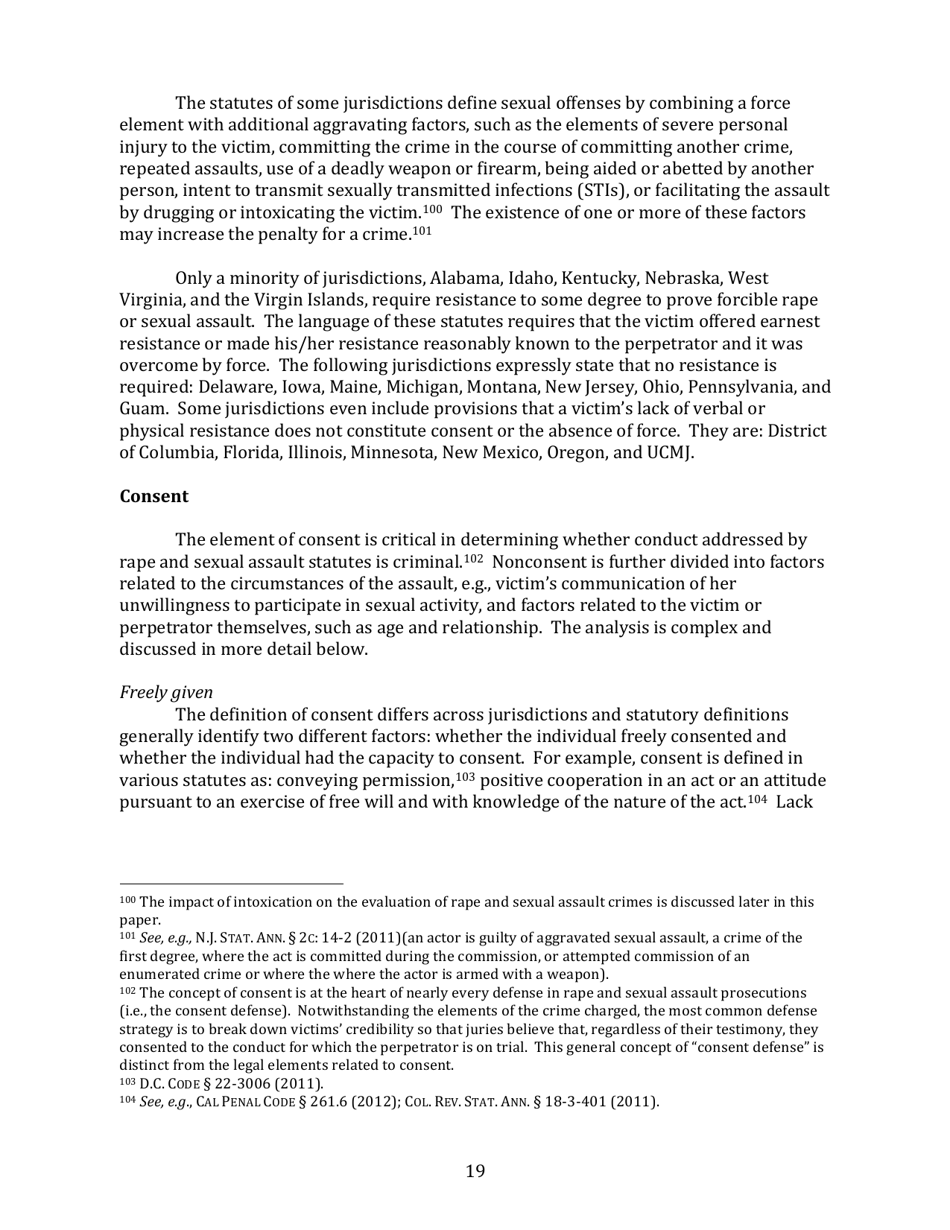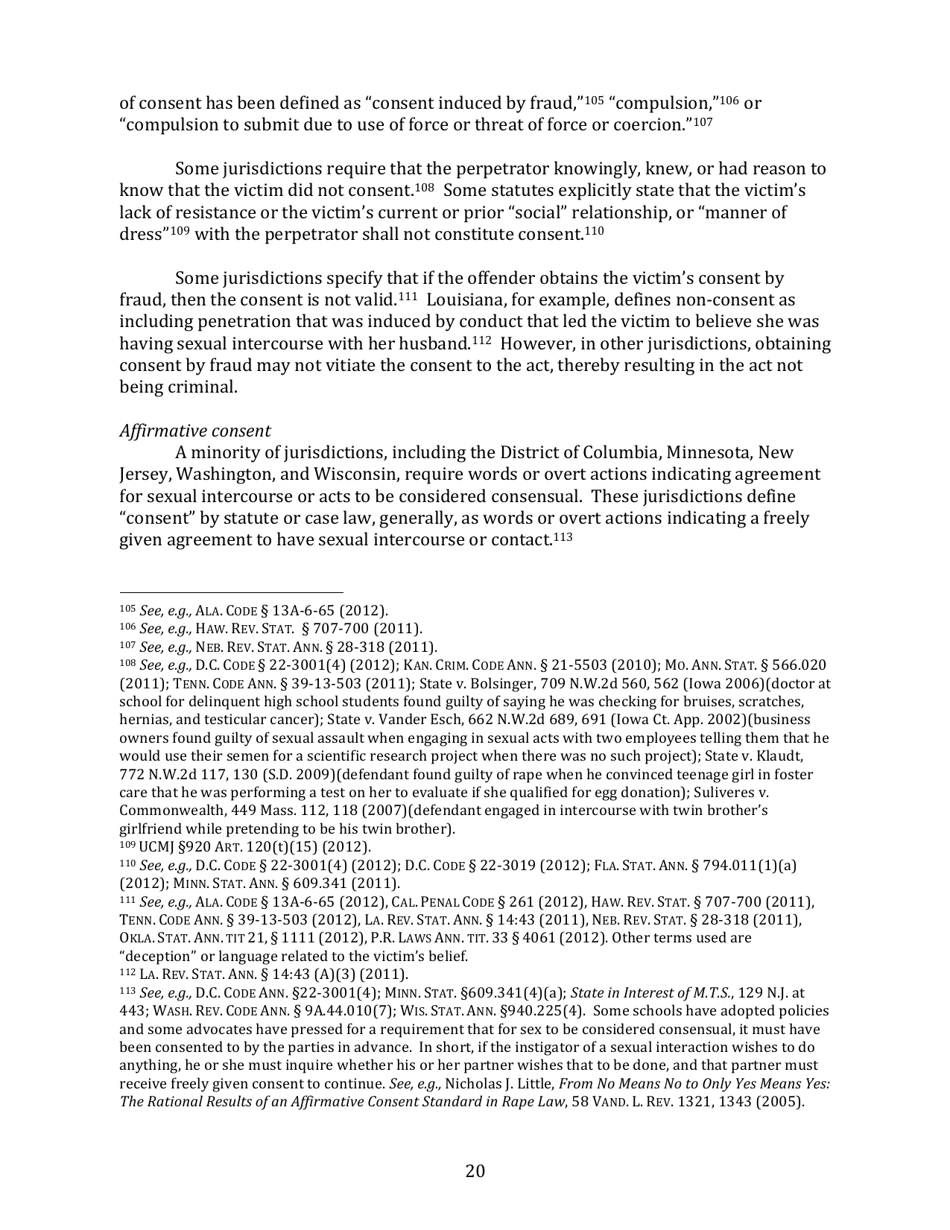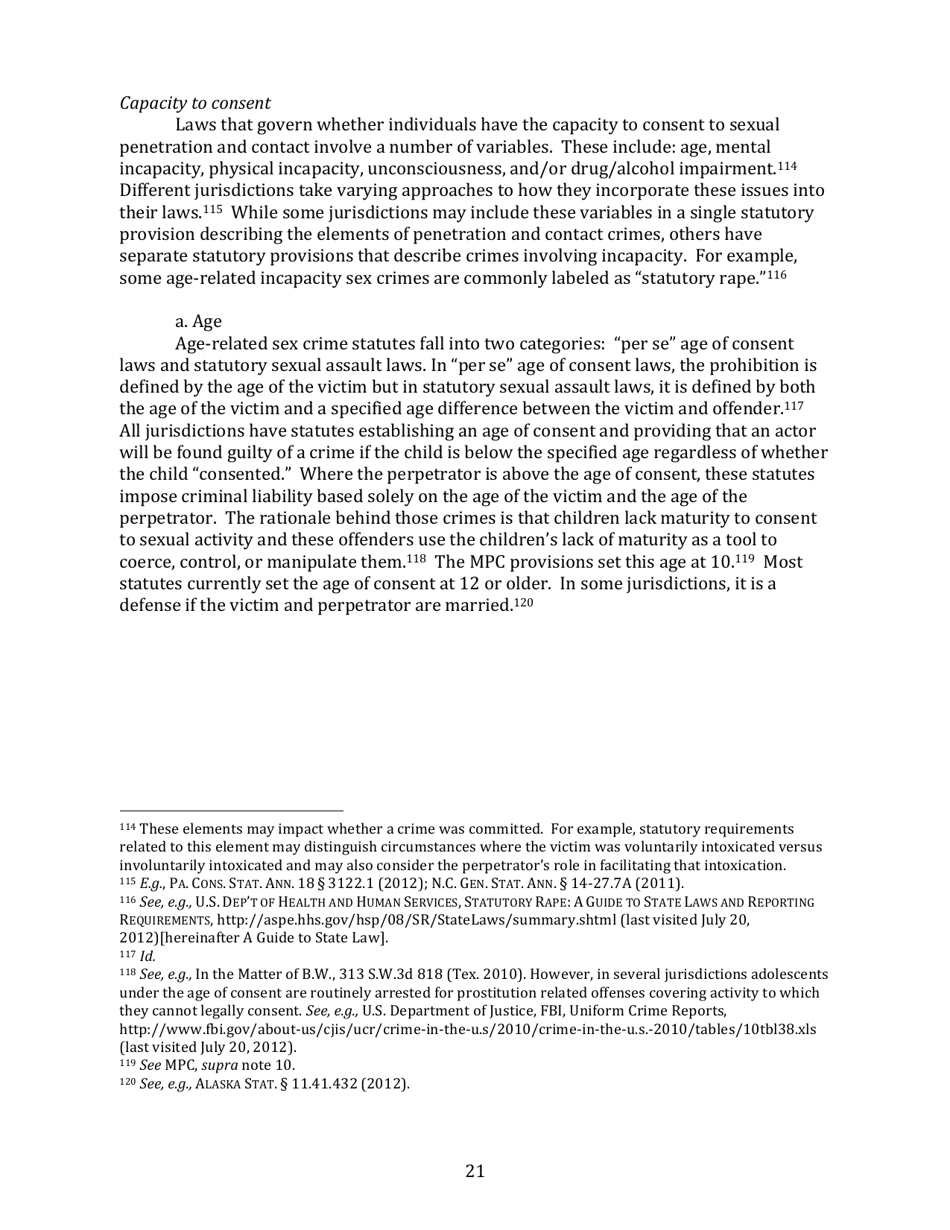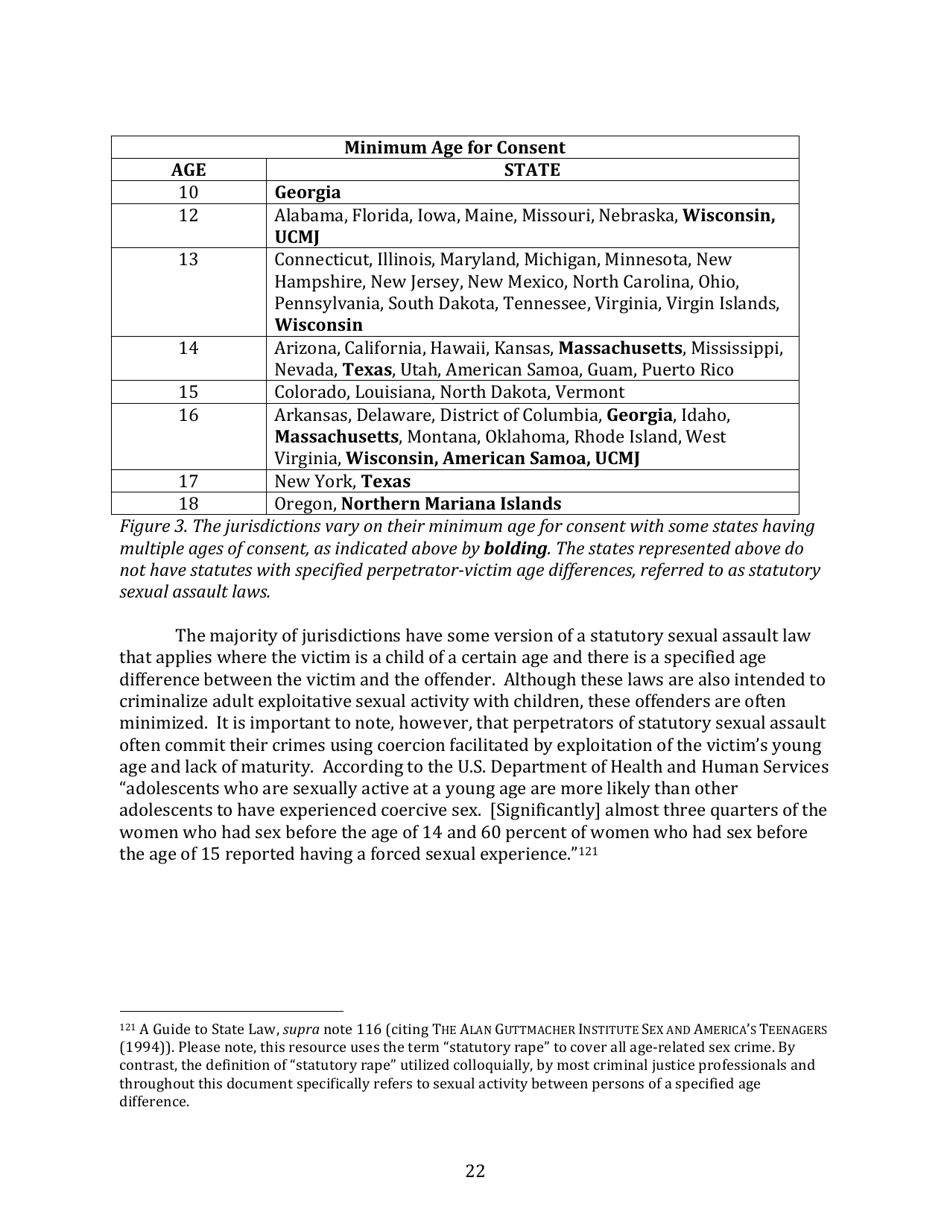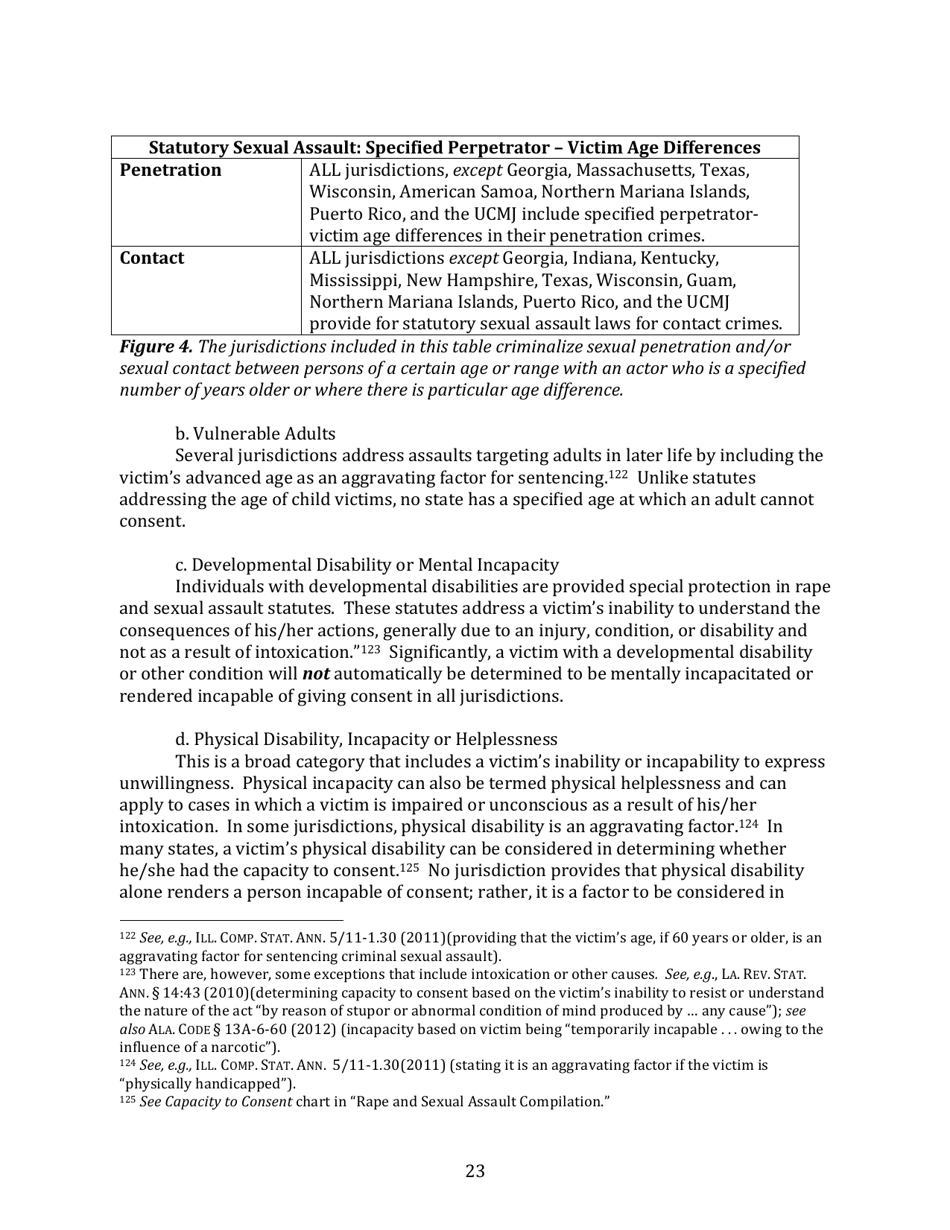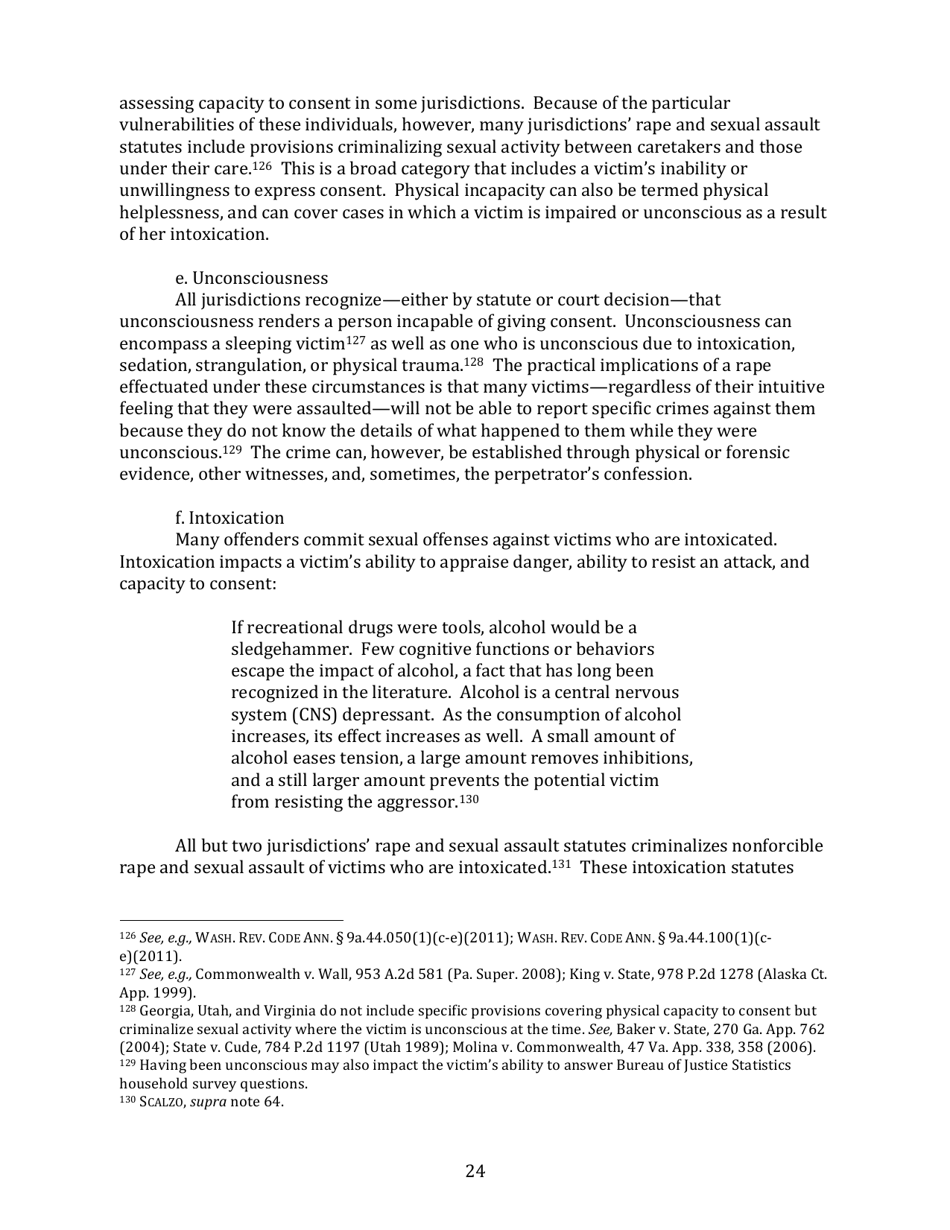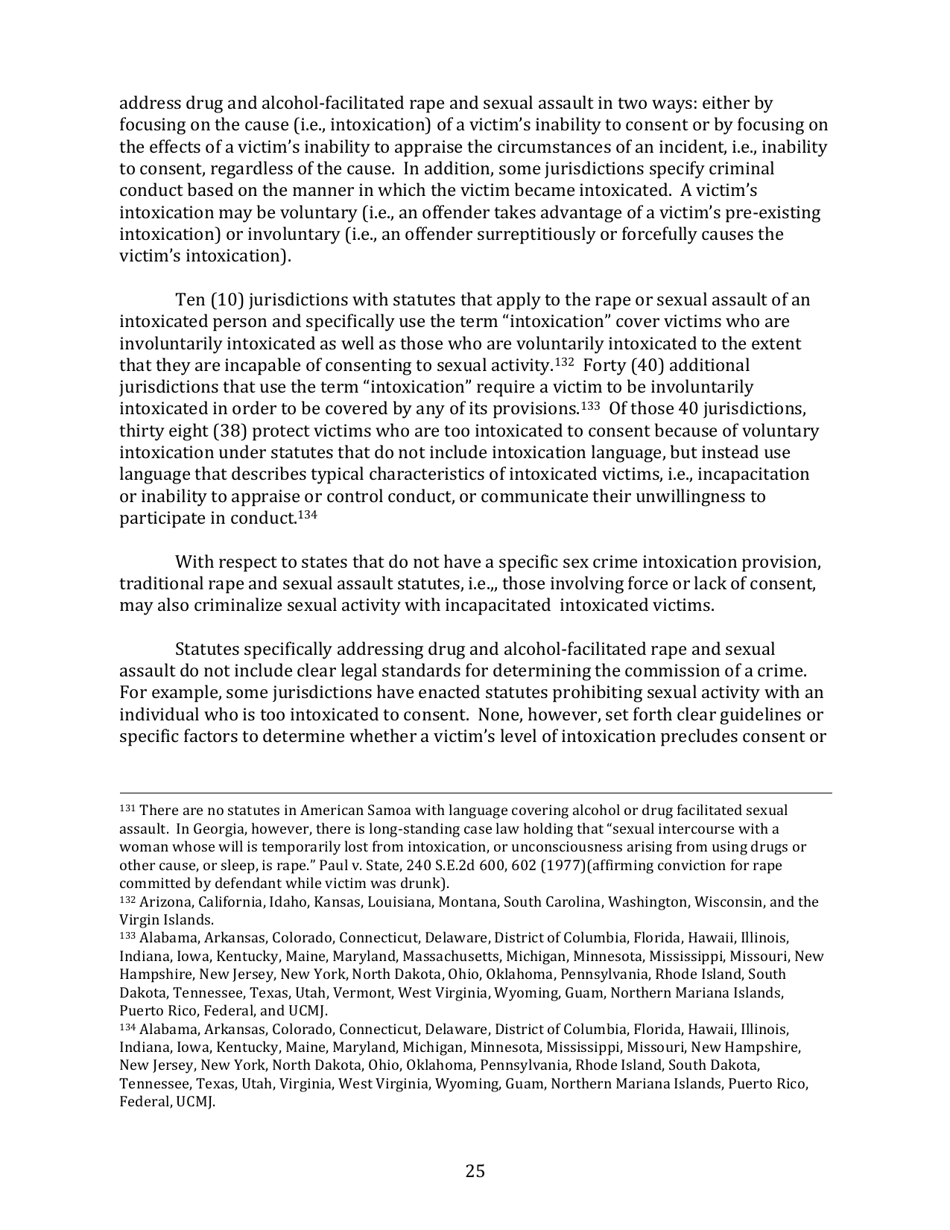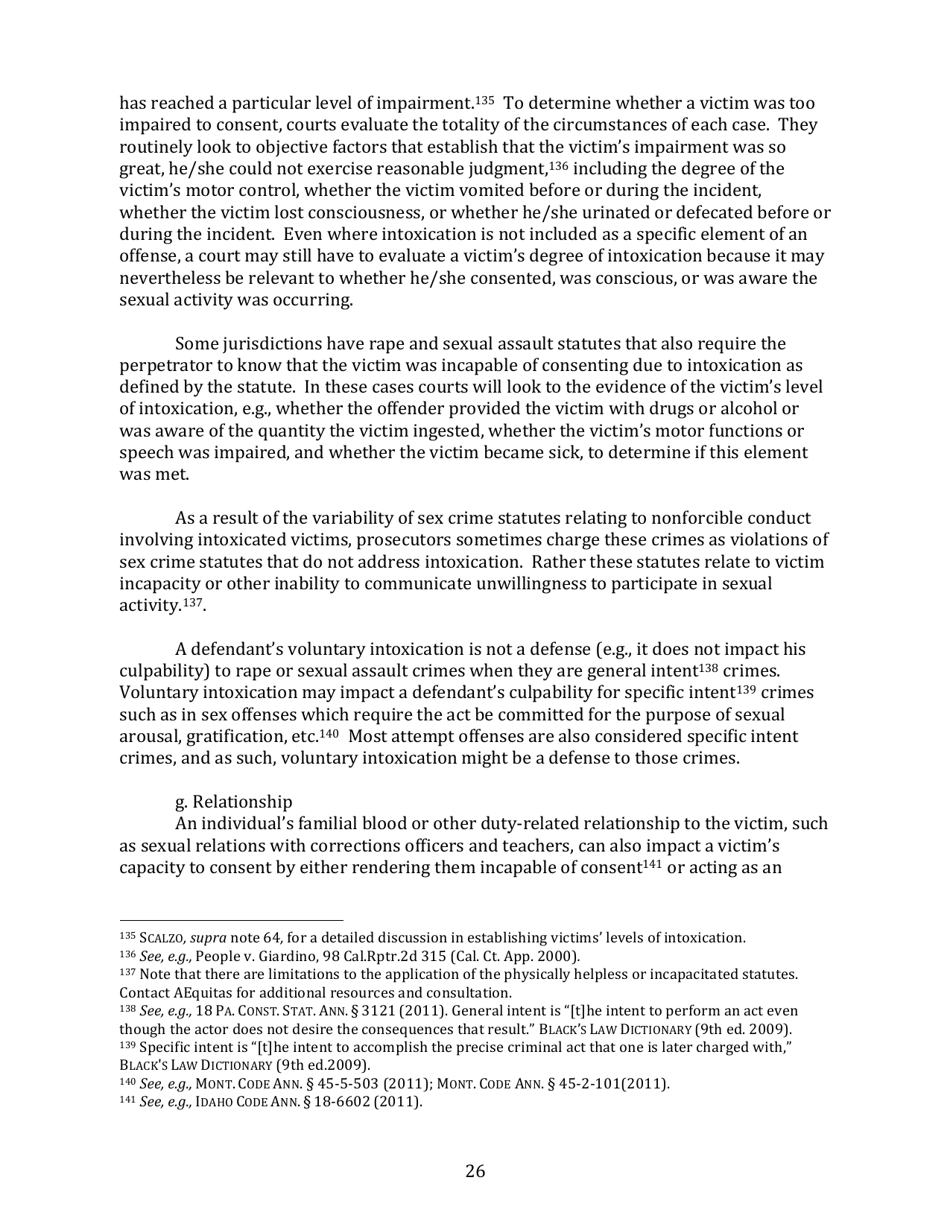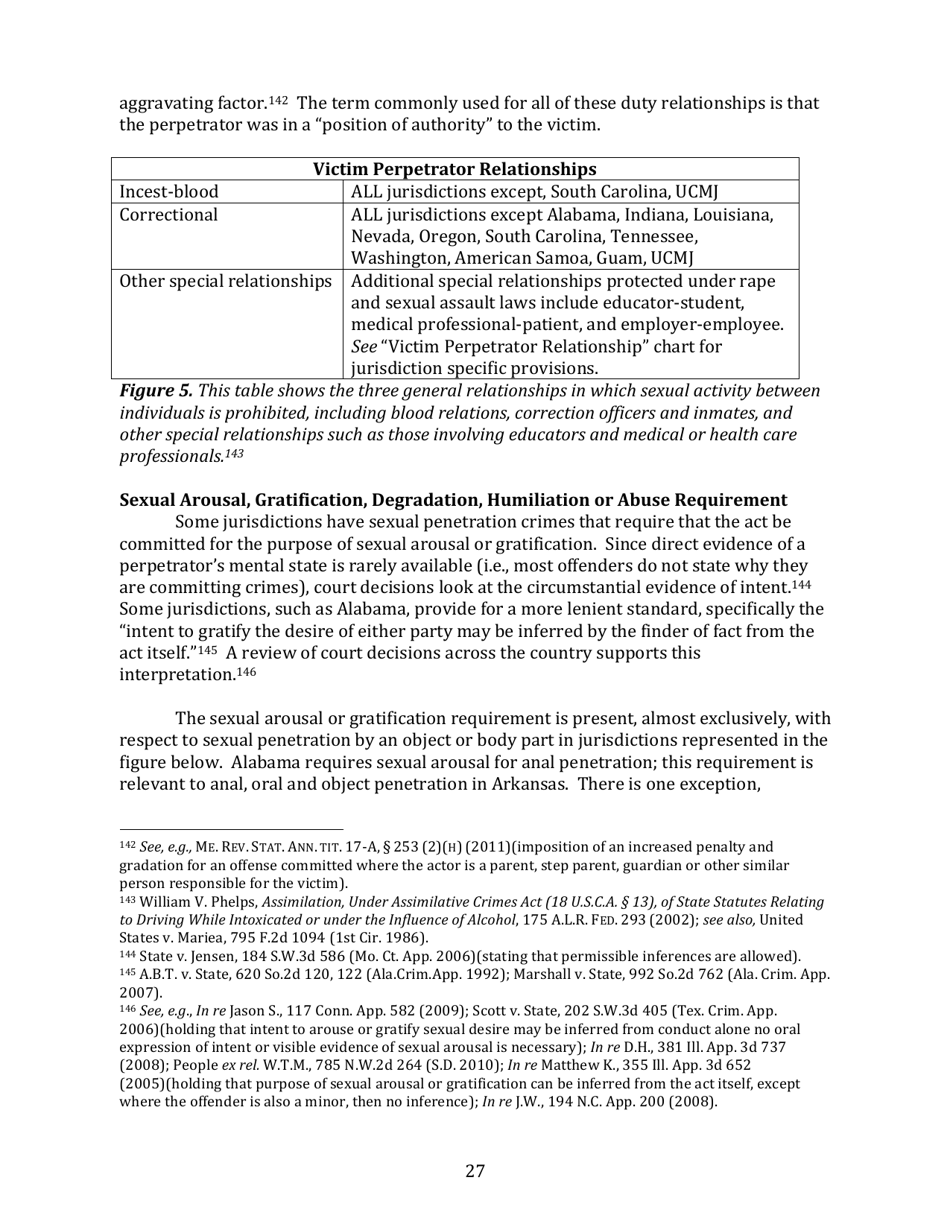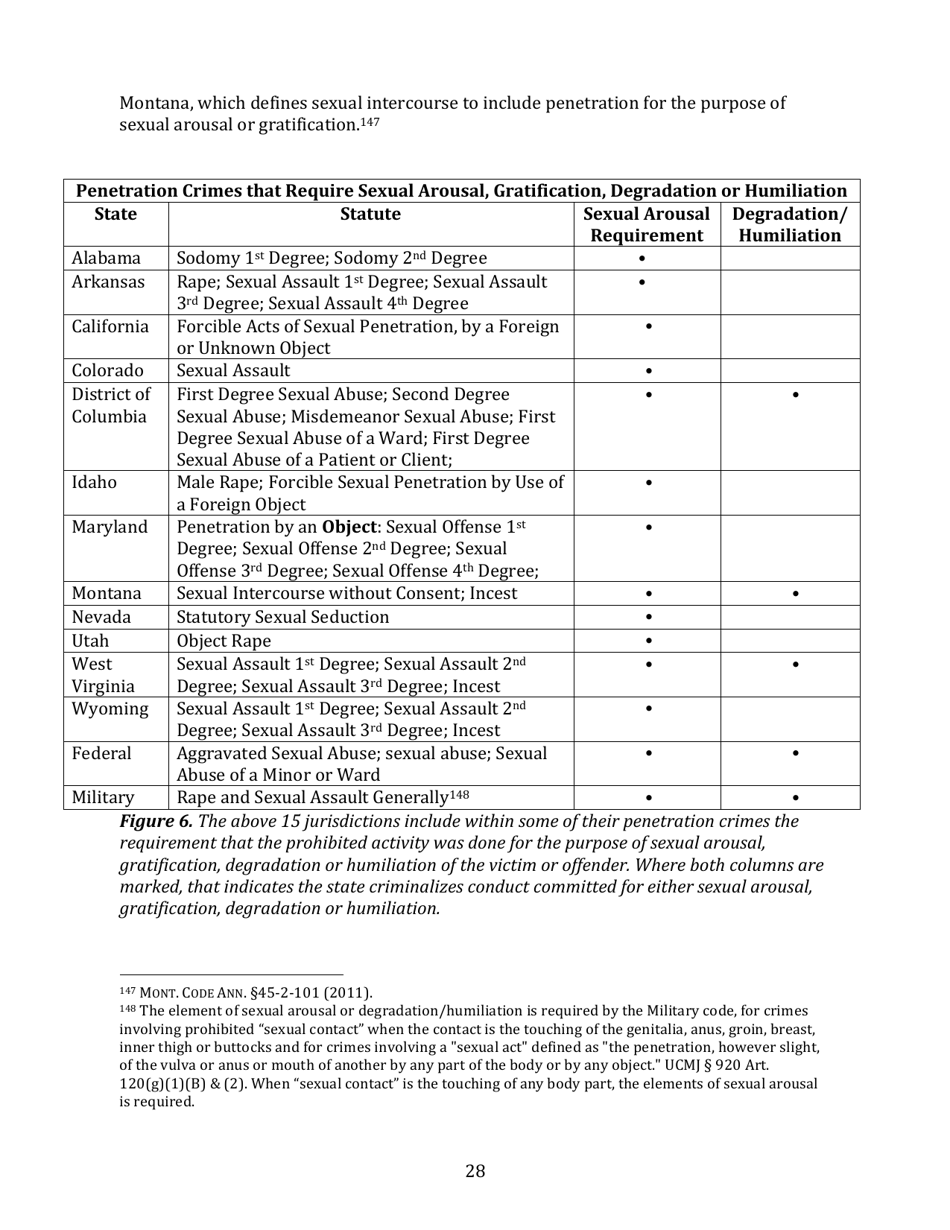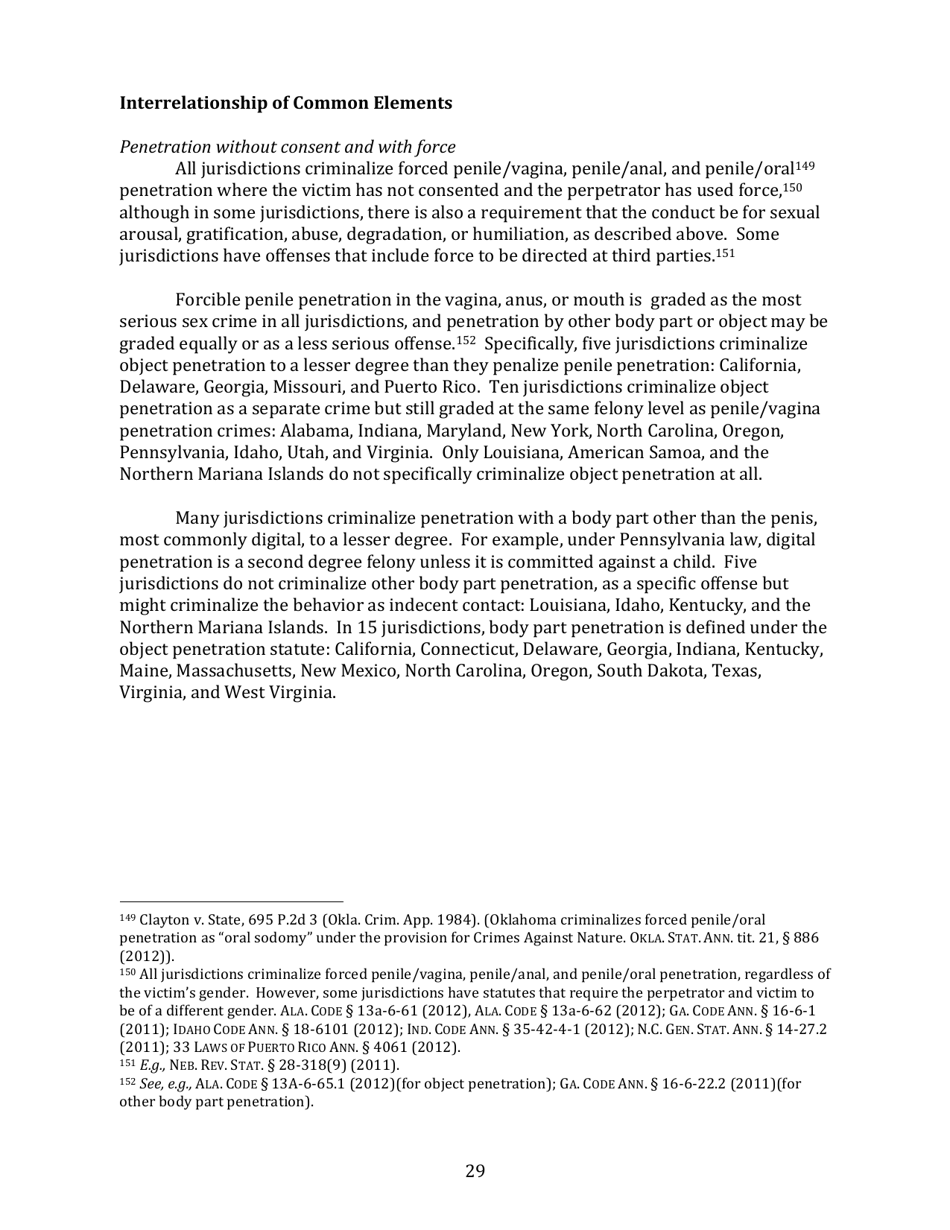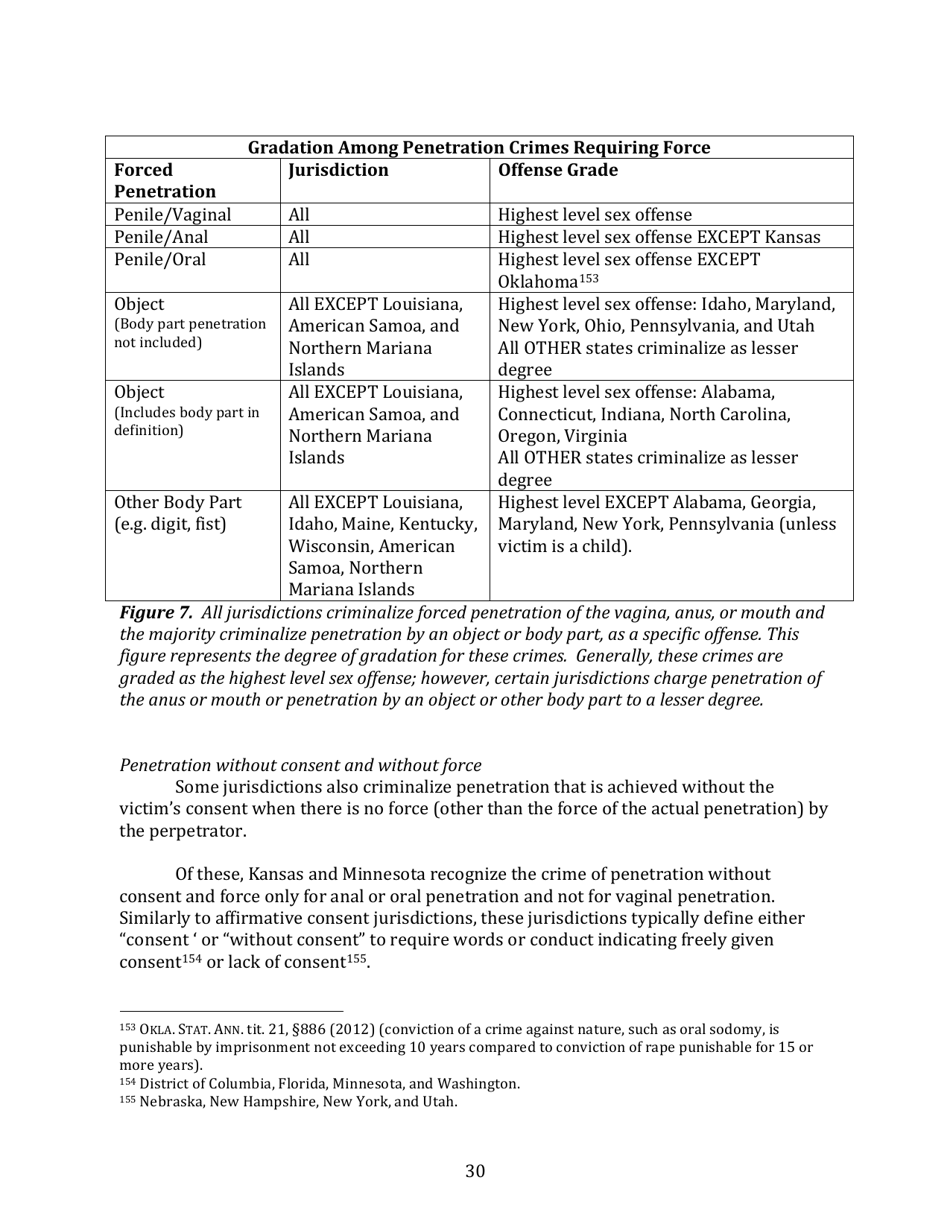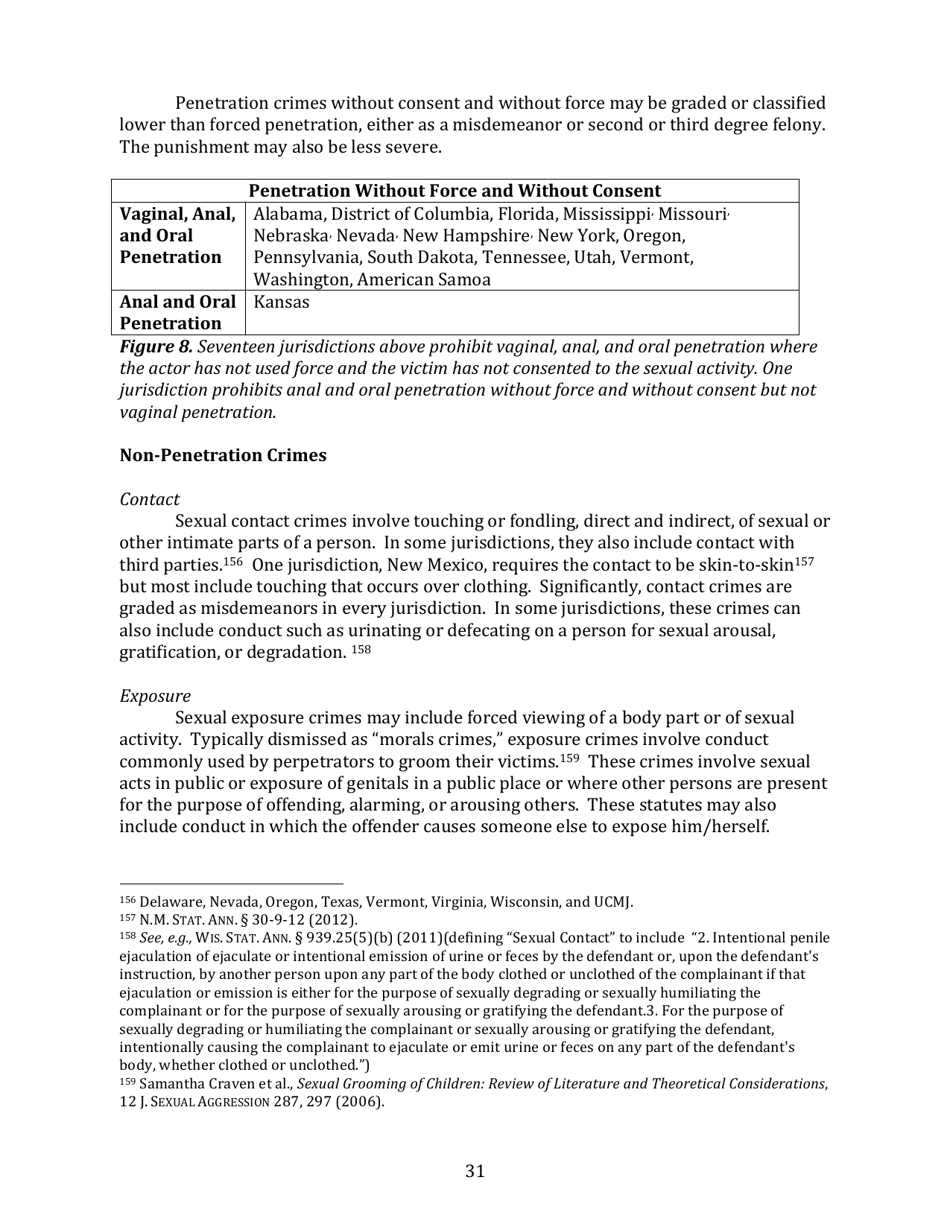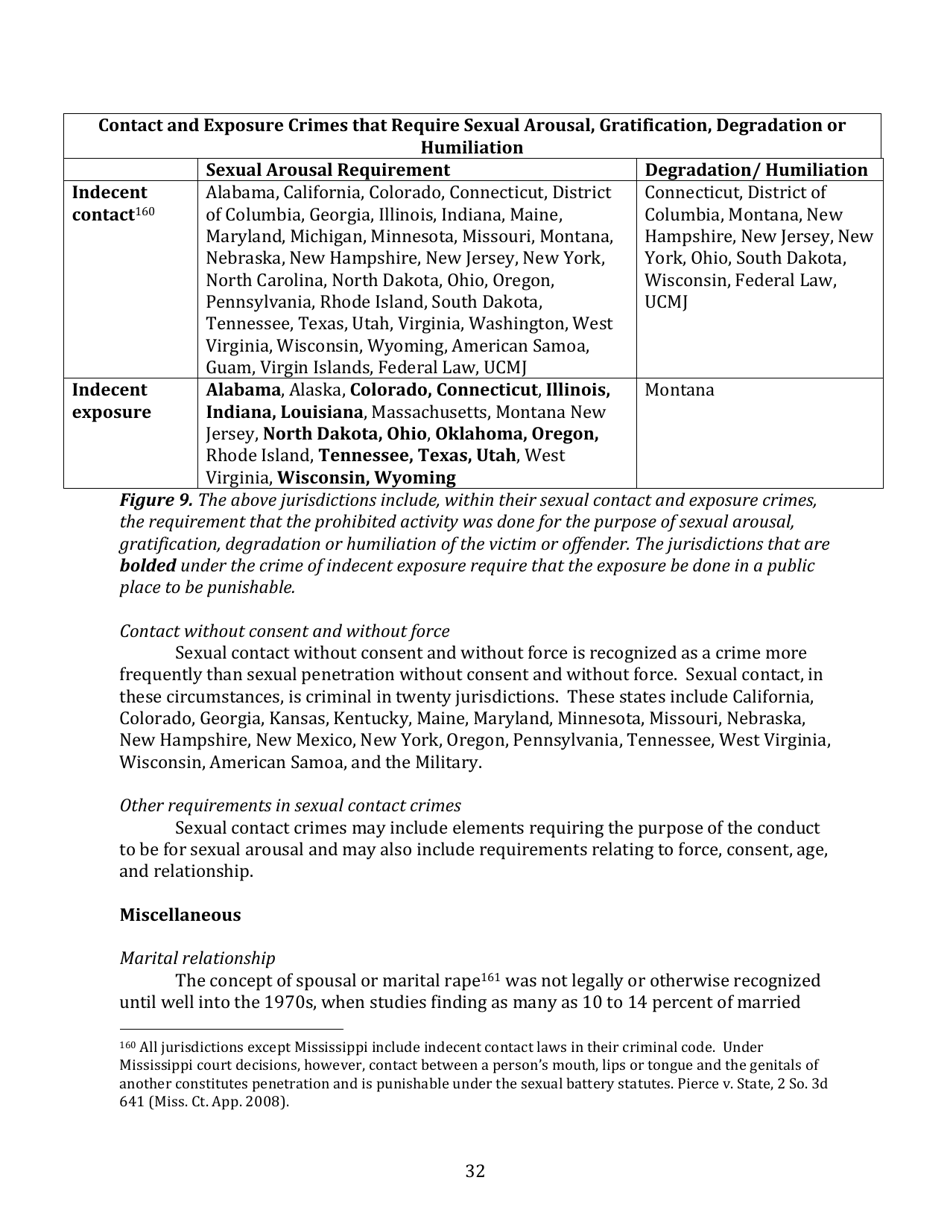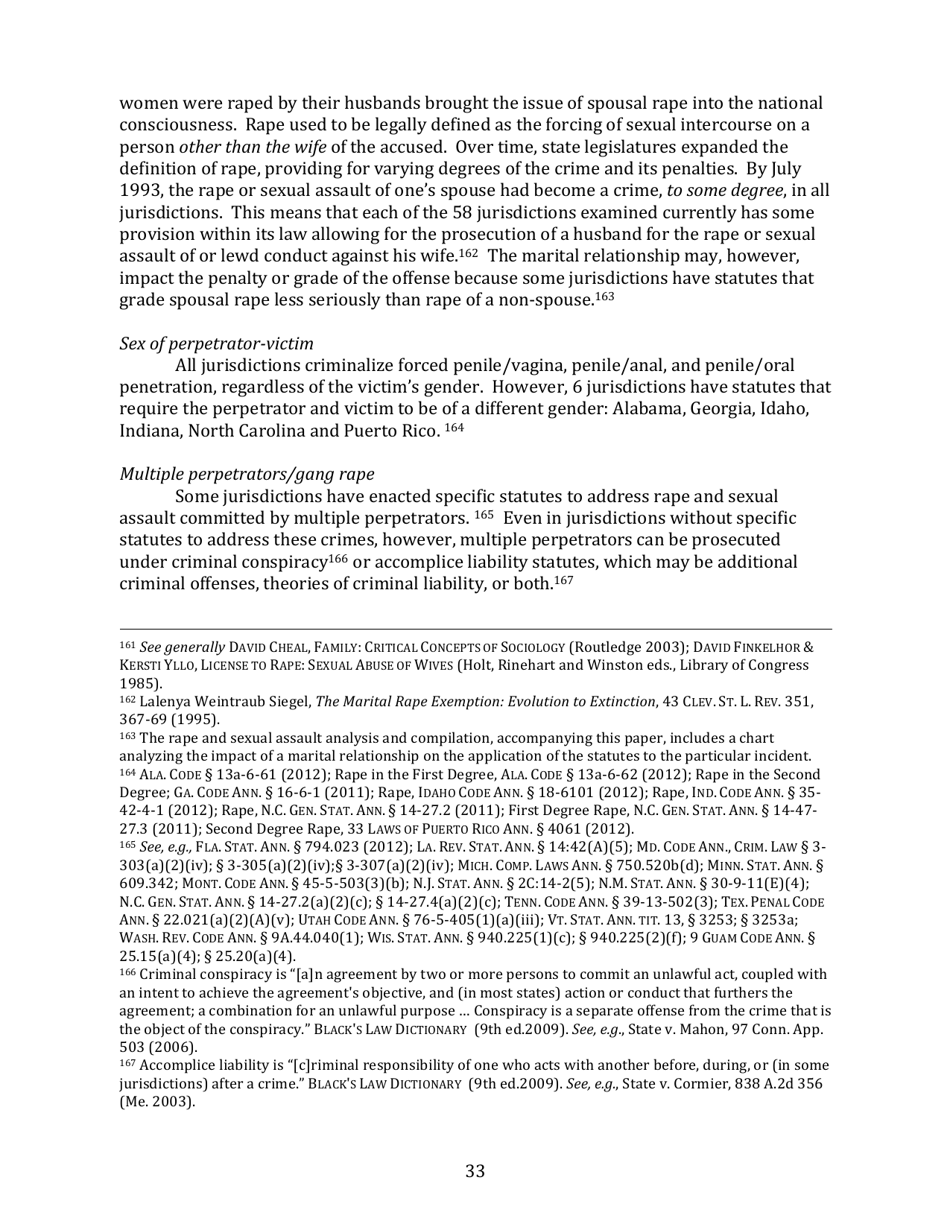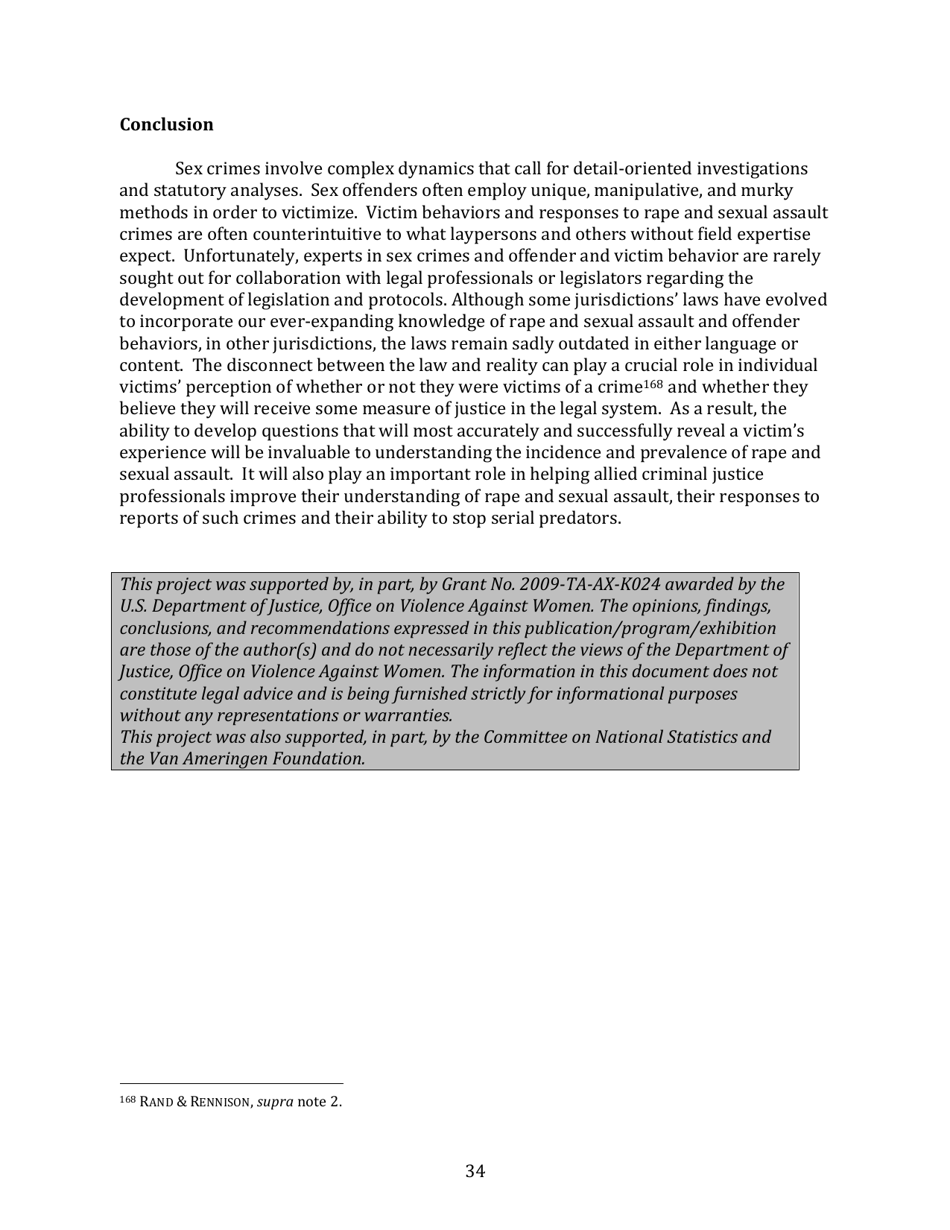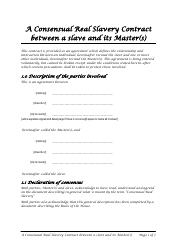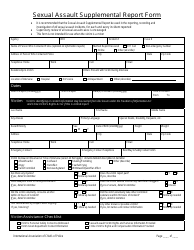Rape and Sexual Assault in the Legal System - Carol E. Tracy, Terry L. Fromson, Women's Law Project Jennifer Gentile Long, Charlene Whitman, Aequitas
The document "Rape and Sexual Assault in the Legal System" by Carol E. Tracy, Terry L. Fromson, Women's Law Project, Jennifer Gentile Long, Charlene Whitman, and Aequitas is a resource that provides information and guidance on rape and sexual assault within the legal system. It aims to clarify the legal definitions and processes related to these crimes.
FAQ
Q: What is the legal definition of rape?
A: Rape is defined as sexual penetration without consent.
Q: What is the difference between rape and sexual assault?
A: Rape refers specifically to sexual penetration without consent, while sexual assault can include various non-consensual sexual acts.
Q: What should I do if I am a victim of sexual assault?
A: It is important to seek medical help, report the assault to the police, and contact support organizations for assistance.
Q: What do the legal terms 'consent' and 'force' mean in relation to sexual assault?
A: Consent refers to voluntary and informed agreement to engage in sexual activity, while force involves the use of physical or psychological coercion.
Q: How can I support someone who has experienced sexual assault?
A: Listen without judgment, believe the survivor, and encourage them to seek professional help and support.
Q: What are some of the challenges faced by survivors in the legal system?
A: Survivors may face challenges such as victim-blaming, lack of evidence, and societal stigma when seeking justice in the legal system.
Q: What are some legal reforms that can improve the response to rape and sexual assault?
A: Legal reforms may include improving survivor support services, addressing institutional biases, and strengthening laws around consent and reporting.
Q: What is the role of Aequitas in addressing rape and sexual assault?
A: Aequitas is an organization that works to improve the legal response to gender-based violence, including rape and sexual assault.
Q: How does the legal system handle rape cases?
A: The legal system investigates rape cases, collects evidence, and prosecutes the perpetrators if sufficient evidence is found.
